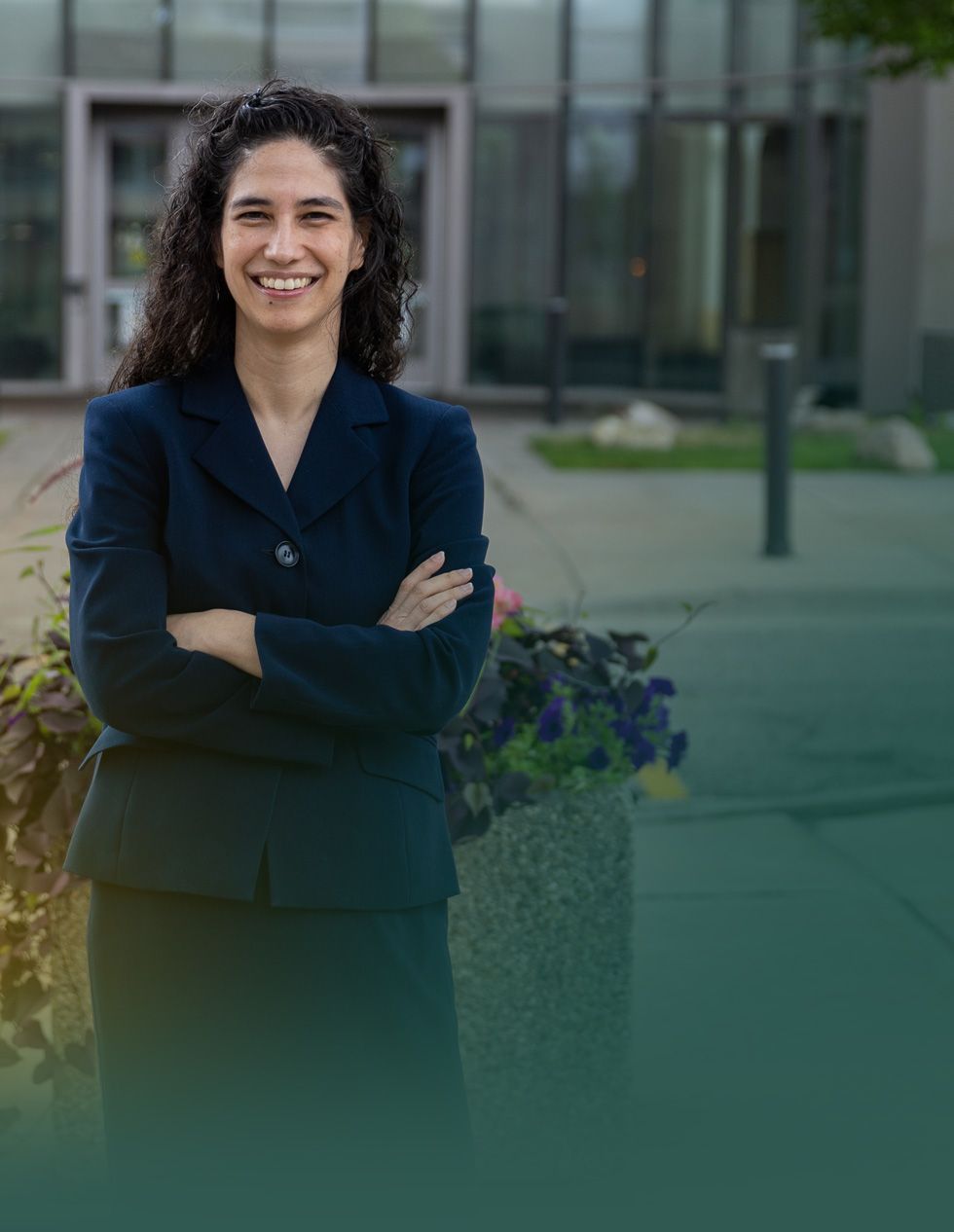
Meet Nancy Chi Cantalupo

Tell us about yourself. Where are you from, and where have you traveled?
What brought you to Detroit, and what has been your favorite part of Detroit so far?
What Detroit activity, restaurant or landmark do you hope to still experience?
What three classes made the greatest impact on you during law school?
When you were in law school, what did you hope to achieve with your degree?
Have those goals changed at all, and if so, how?
During my time as an assistant dean, I began teaching law and pre-law courses on civil/human rights and gender-based violence as an adjunct professor. I also continued doing pro bono legal work, including related to Title IX and sexual harassment and gender-based violence. The pro bono work that would change the trajectory of my career was my service as “faculty counsel” to multiple student sexual harassment survivors in internal university disciplinary proceedings. During the course of that work, I and one very smart law student succeeded in convincing the university that was conducting one particular proceeding to change the school’s disciplinary processes so they no longer violated Title IX — which we argued they did by imitating criminal court proceedings that treated student sexual harassment victims and accused harassers unequally. The insights gained from that process formed the main points in my first law journal article, and I found I could not stop writing. This changed my career path because I realized that the best way to write as much as I wanted to write was to become a law faculty member.
When did you decide to become a professor? What inspired that decision?
As a result, I did something I would later learn is fairly typical for legal academics: I began dealing with my frustration through legal research, analysis and writing about the problems I saw. In my writing, I diagnosed the problems that I saw hindering Title IX from fulfilling its promise with regard to preventing sexual harassment and gender-based violence and protecting students from falling victim to them. I also recommended solutions.
I loved writing about Title IX so much that I wanted to spend a greater portion of my work life on it; therefore, I decided to pursue and eventually succeeded in becoming a law professor.